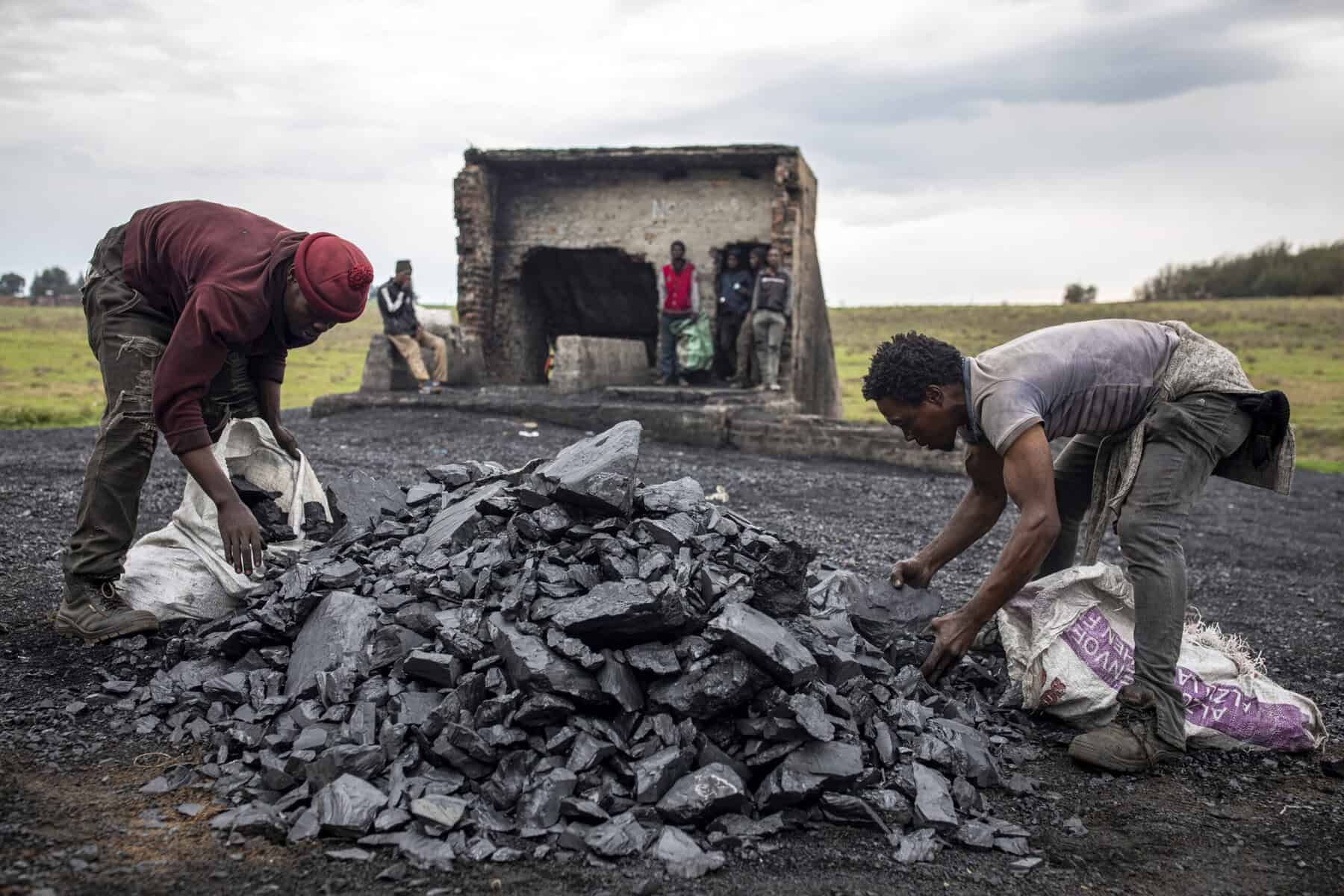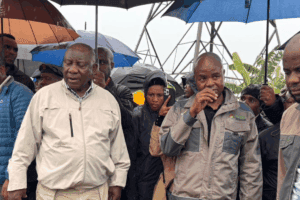Rehabilitation projects in Mpumalanga show that former coal mines can be revived for farming, biofuel production and renewable energy initiatives.

A recent analysis at University of Cape Town (UCT) highlights the potential for abandoned coal mines to serve as platforms for sustainable job creation and economic regeneration.
The study conducted by Nicola Wills, senior economist and an PhD candidate in economics at UCT, revealed that South Africa has almost 6 000 abandoned mines – including more than 300 coal sites – which pose risks such as acid mine drainage, water pollution, land degradation and greenhouse gas emissions.
Risks and opportunities
Wills said the deficient rehabilitation and restoration of abandoned and closed mines “presents risks, but also opportunities to create jobs”.
Wills said the sites have potential to create sustainable jobs, economic diversity and community resilience in the context of the just energy transition (JET).
She said there were proven innovations in rehabilitation showing that the land where the mining activities took place could be rehabilitated and used for agricultural purposes.
“Mining contamination in Mpumalanga has posed a major challenge for crop cultivation, but innovative rehabilitation techniques are proving that land can be restored for sustainable agriculture – an outcome once thought impossible.
“The Mafube water reuse project [2017– 2020, with phase 2 beginning this year] demonstrated that irrigating virgin land with mine water produced high-quality maize with yields (14.5T/ha) nearly doubling those of dryland crops (8T/ha).”
ALSO READ: Half of SMEs may not survive the next year without urgent help
“Similarly, the Wonderfontein winter wheat project [2021] showed that mineaffected land and water improved crop performance, yielding higher outputs than virgin soil while meeting necessary safety standards,” Wills said.
“Mpumalanga has also partnered with Coaltech and the Mpumalanga Green Cluster Agency to repurpose mining land for biofuels, industrial hemp and renewable energy.”
‘Economic collapse’
The Mining Affected Communities United in Action (Macua) welcomed the study.
National coordinator Sabelo Mnguni said the findings reaffirm what mining-affected communities have long advocated for, that JET must be locally grounded, socially just and community-led.
“For decades, mining-affected communities have shouldered the environmental, health and economic burdens of coal extraction with minimal benefit and limited recourse.
“The UCT study rightly notes that Mpumalanga alone houses thousands of households dependent on coal income and with mine closures looming, the spectre of economic collapse is real.
“Yet, these same communities now face exclusion in discussions about rehabilitation, reuse and investment decisions related to JET. This is unacceptable.”
ALSO READ: South Africa gets R8.4 billion loan to help fix and improve its energy sector
Mnguni said the study’s evidence, from biofuel farming to mine water reuse for crop cultivation, demonstrates that repurposing mining land can be economically viable.
He, however, said Macua emphasises the interventions must be developed with, not for, communities.
“Local people must be the first beneficiaries of job creation and training. Financing and access remain key barriers as the allocation of R181.9 million for rehabilitation is a step forward, but if coal sites are not prioritised, this funding risks reinforcing historic inequities.”
‘Income generating activity’
Mining expert David van Wyk also welcomed the study.
“As long as energy is privately owned, the transition will not be just. The various mining voids are filling up with water.
“This poses a major risk of acid mine water decanting into surface water and eating away the dolomitic substructure of urban areas causing dangerous sinkholes.
“This water can and should be treated to a point where it can be used in industry. This offers another job creating and income generating activity for dying mining towns.”
NOW READ: ‘We know it’s wrong, but they’re trying to make a living,’ say families of arrested illegal miners






